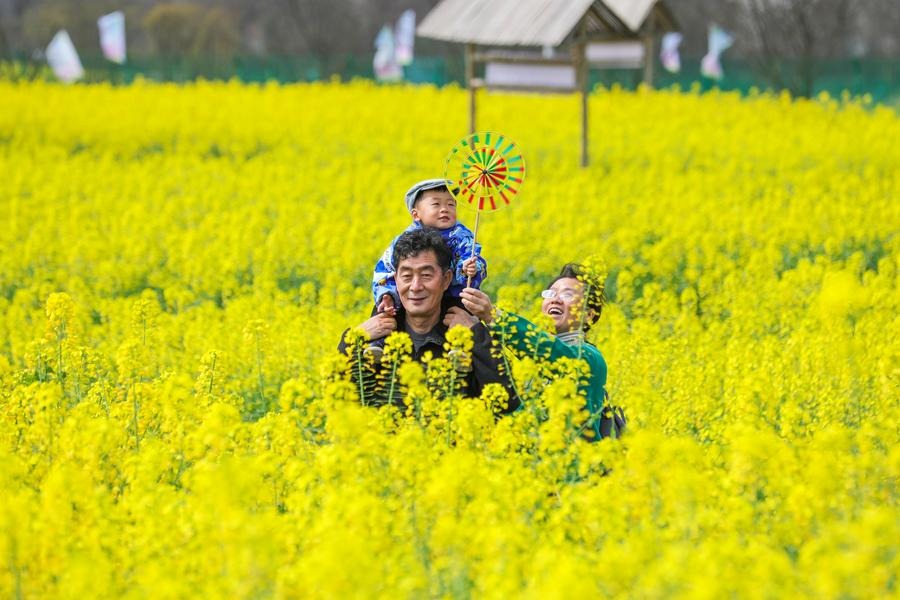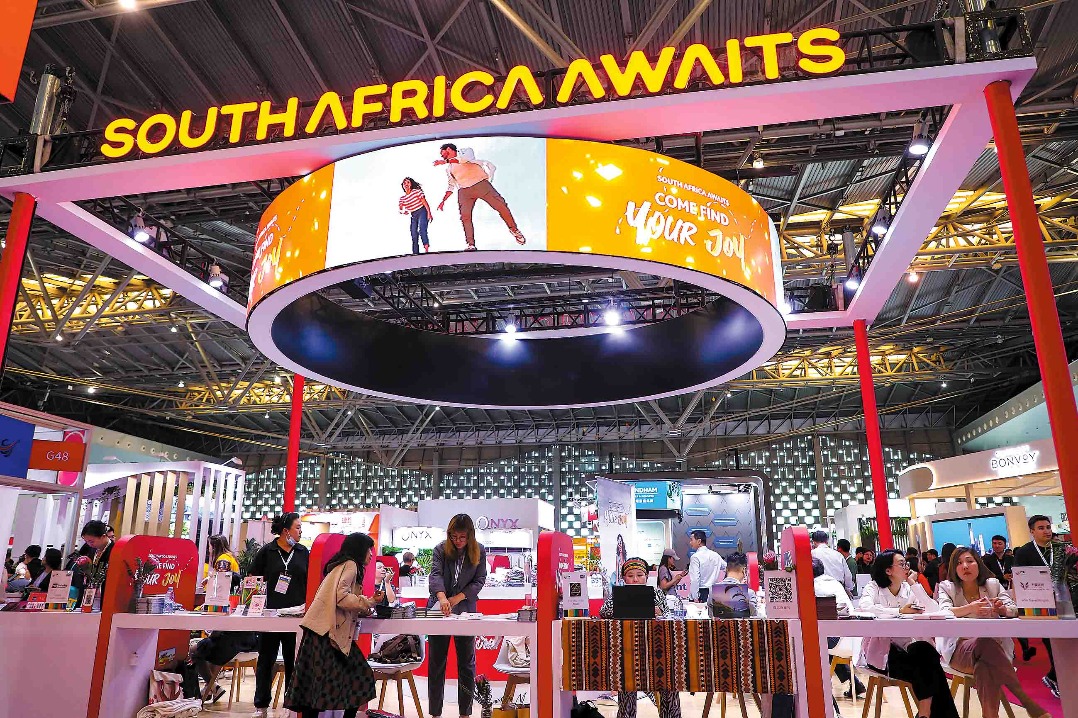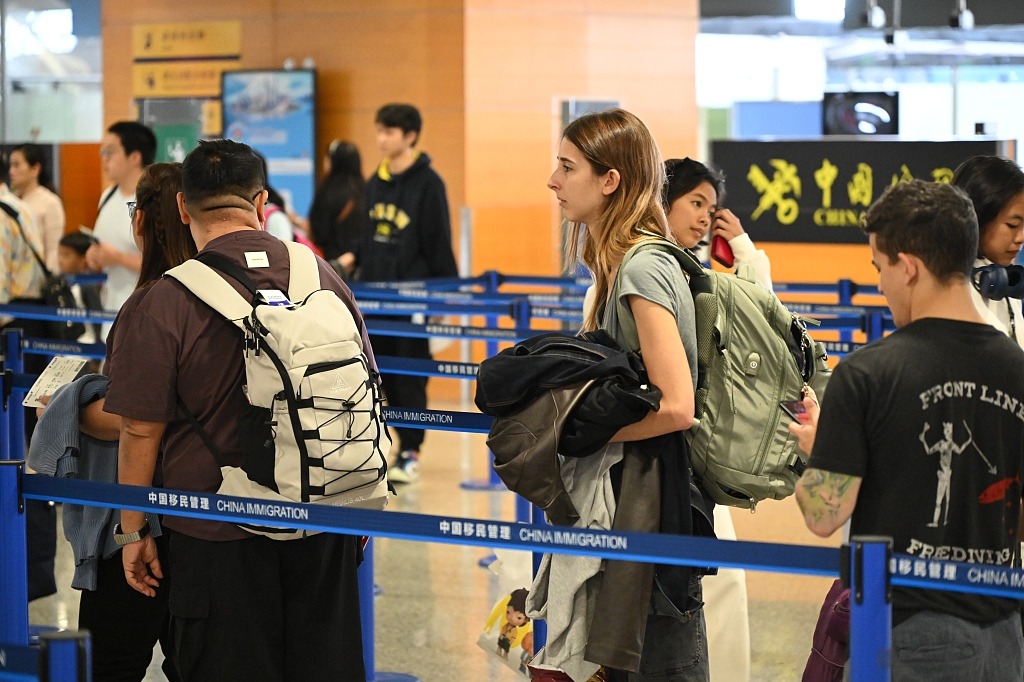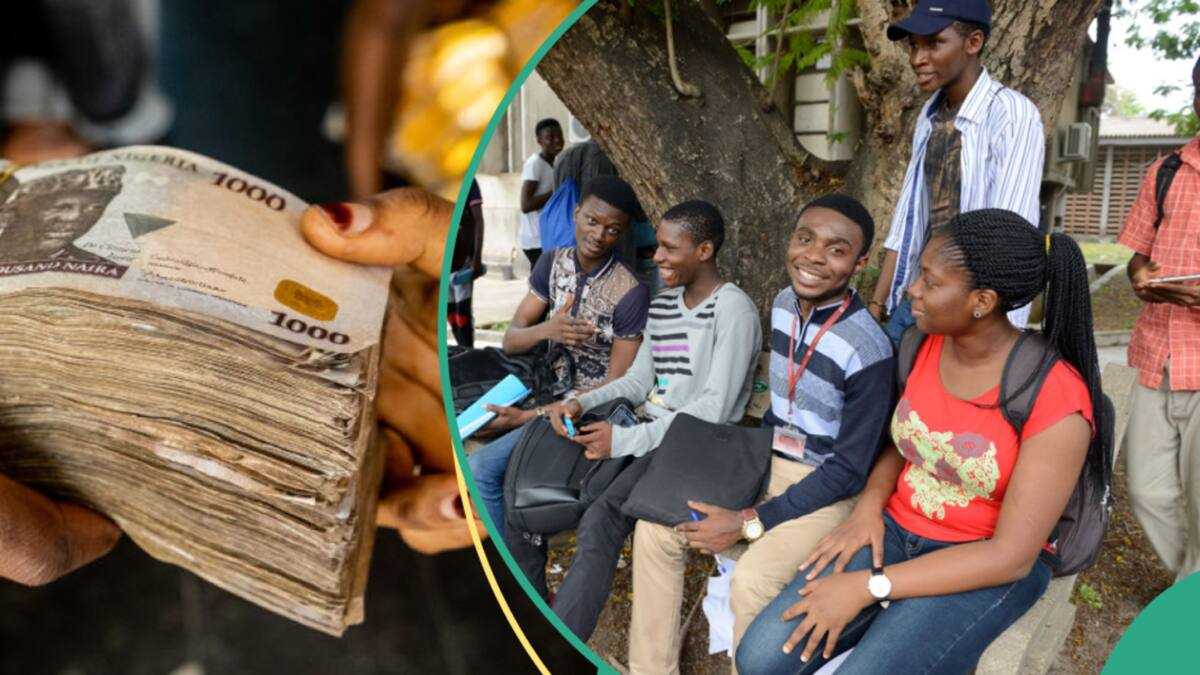China Daily: Dragon Boat Festival Travel Trends Significantly Boost Tourism

As the 2025 Dragon Boat Festival draws near, China's tourism sector is bracing for a significant influx of travelers, with the festival's confluence with Children's Day presenting a unique convergence of travel motivations. This period offers a valuable lens, particularly for foreign residents, to observe the economic undercurrents shaping consumer behavior and the sustained dynamism of the nation's tourism industry.
A Surge in Local and Regional Exploration: The traditional three-day holiday associated with the Dragon Boat Festival is once again fueling a surge in local and regional travel. Domestic short-haul trips are commanding the spotlight, with leading Chinese travel agency Ctrip reporting that local and surrounding area excursions constitute half of all travel plans for the festival. This inclination towards shorter journeys is propelled by a collective desire for quick escapes, the growing appeal of "micro-vacations," and the inherent convenience of reduced travel times. Supporting this trend, Ctrip's data reveals a robust 23 percent year-on-year increase in booking volumes for domestic short-distance travel during the 2025 Dragon Boat Festival holiday. This not only underscores the escalating popularity of brief trips but also highlights the burgeoning economic vitality within China's regional tourism markets, offering accessible exploration opportunities for those residing in the country.
Concerts and Festivals as Economic Engines: A noteworthy driver of tourism during the 2025 Dragon Boat Festival is the vibrant calendar of concerts and music festivals scheduled across China. Major events, such as the sold-out concerts by David Tao in Fuzhou, G.E.M. in Guizhou, and the Jacky Cheung concert in Chongqing, are more than mere entertainment; they function as potent economic stimulants. The "concert tourism effect" is palpable, evidenced by a dramatic spike in hotel bookings in host cities like Jincheng, Dezhou, and Changzhou. These cultural events effectively boost local economies by drawing visitors who then spend on accommodation, dining, and various other local services, illustrating the powerful synergy between entertainment and travel in generating economic value. For instance, the 8th Taihu Bay Music Festival in Changzhou, as mentioned in relation to the May Day holiday in 2024, attracted over 130,000 fans and generated more than 5 billion online exposures, showcasing the potential scale of such events.
Heightened Appeal of Traditional Festivities: The deep-rooted traditions of the Dragon Boat Festival are experiencing a renaissance, with interest in traditional festivities and cultural experiences soaring. Data from Ctrip indicates a significant 50 percent year-on-year increase in search popularity for Dragon Boat Festival folk custom tours. Activities intrinsically linked to the festival, such as dragon boat racing, the customary making of zongzi (rice dumplings), and the tradition of wearing perfume pouches, are proving popular among both domestic and international participants. Cities like Foshan in Guangdong province have emerged as focal points for dragon boat racing enthusiasts, leading to a notable uptick in tourism bookings. Similarly, historical locations such as Miluo in Hunan province and Jiaxing in Zhejiang province, famed for their connections to the festival's origins and zongzi production, are witnessing a substantial influx of visitors eager to engage with these cultural mainstays. This engagement supports local tourism economies by stimulating demand for cultural products and services.
The Rise of Family and Pet-Centric Journeys: The alignment of the Dragon Boat Festival with Children's Day in 2025 has catalyzed a significant uptick in family-oriented travel. According to Ctrip's report, family travel bookings now represent 35 percent of total travel plans for this period. This is accompanied by a remarkable 45 percent surge in searches for family-friendly hotels, signaling a burgeoning demand for high-quality travel experiences tailored to families. Alongside this, pet-friendly travel is also carving out a substantial niche. The report highlights a 20 percent increase in searches for pet-friendly hotels, with approximately one-fifth of hotels now offering options for travelers with pets. These trends reflect the evolving priorities of Chinese households, where pets are increasingly considered family members, and travelers are keen to include them in their holiday plans, thereby broadening the spectrum of tourism offerings.
Expanding International Attraction: China's tourism market continues to demonstrate its growing magnetism for international visitors, and the Dragon Boat Festival period is no exception. Reports indicate a striking increase of over 100 percent in searches for inbound travel during the festival. This upward trend is significantly bolstered by China's implementation of visa-free policies, which have simplified access for international tourists. Popular domestic destinations attracting both local and international interest include major urban centers like Beijing, Shanghai, Nanjing, Chengdu, Hangzhou, Qingdao, Chongqing, Guangzhou, Tianjin, and Changsha. Among these, Shanghai, Beijing, and Guangzhou stand out as top choices for inbound international travelers, prized for their rich cultural, historical, and economic offerings. This escalating international interest underscores the global appeal of China's tourism assets and signals strong potential for continued economic growth through inbound tourism.












